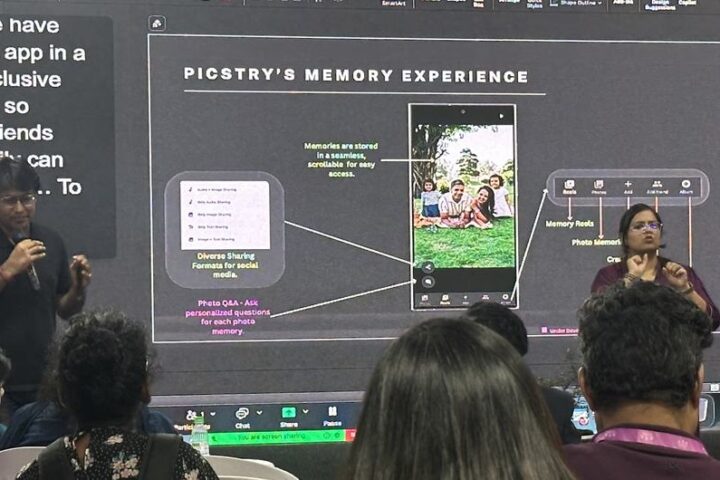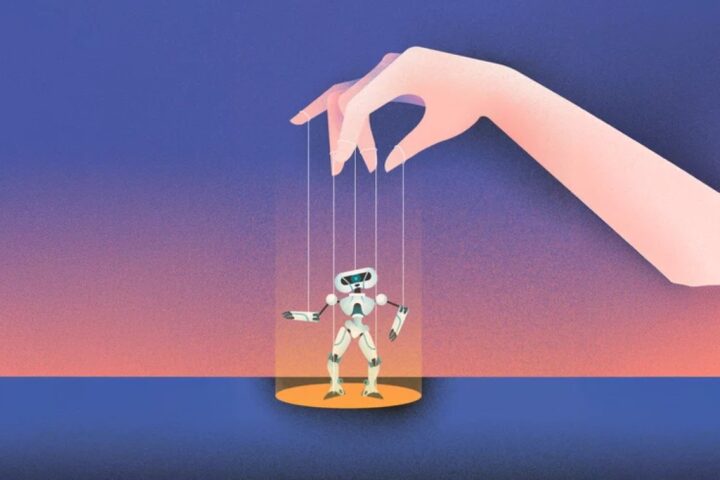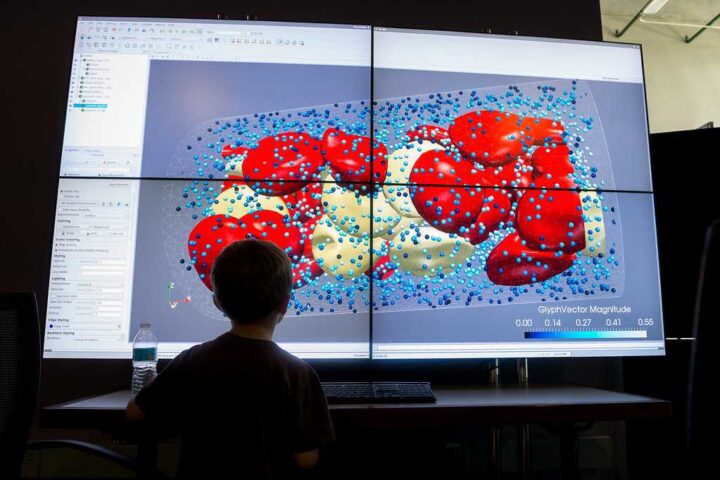Checking emails during a video call? Working on spreadsheets while responding to messages? This daily juggling act might be putting you at risk. New research from Binghamton University reveals that multitasking makes us dangerously blind to phishing scams.
With a staggering 3.4 billion malicious emails sent every day, the timing of this study couldn’t be more crucial. The research team tested 977 people in scenarios that mirror our hectic workdays.
“When working with multiple screens, your attention will never be fully focused on one screen or one particular email, especially when handling urgent tasks,” says Associate Professor Jinglu Jiang from Binghamton’s School of Management. “If you want to reply to that email quickly, ignoring those red flags in a phishing email is easy.”
The study found a simple but powerful link: when your brain is busy remembering work details while checking emails, you’re more likely to miss warning signs of a scam. This happens because your working memory – your brain’s mental workspace – gets overloaded.
The mental strain from constant task-switching not only hurts productivity but creates security blind spots. This added stress can impact workplace mental health, as employees may feel anxious about accidentally compromising security.
The good news is that simple fixes work surprisingly well. Brief reminders at the right moment can dramatically improve detection rates, even when your brain is stretched thin. These “nudges” act like mental stop signs that redirect your attention to danger when you’re most likely to miss it.
Similar Posts
The study uncovered another interesting pattern: not all scams respond equally to these reminders. Emails promising rewards (“claim your gift card now”) benefited more from warning nudges than threatening messages (“your account will be locked”). This happens because threatening emails already put us on guard, while tempting offers slip past our defenses when we’re distracted.
For businesses, these findings offer practical, low-cost ways to protect employees. Instead of bombarding staff with constant warnings, companies can build timely reminders into everyday tools. A colored warning banner in Outlook or a quick alert in Slack when a message looks suspicious could make all the difference.
“The techniques used by these phishers become more sophisticated every day,” Jiang warns. “Our study shows that phishing detection can sometimes plummet under multitasking, and then those threat-based messages are hardest to detect. But those little reminders can actually be very helpful.”
Companies need to rethink security training too. Most programs assume employees are giving their full attention – but in reality, they’re constantly juggling tasks. Training should teach detection skills under divided attention conditions that match real work environments.
As scammers increasingly use artificial intelligence to craft convincing fake emails, these simple protective nudges become vital for both business security and employee wellbeing. By working with our brain’s natural limits rather than against them, organizations can build stronger defenses against the rising wave of digital threats.
This research was conducted in collaboration with the University at Albany and McMaster University in Canada.



















